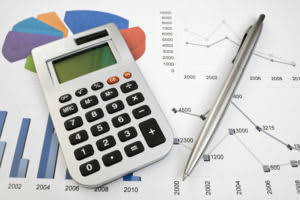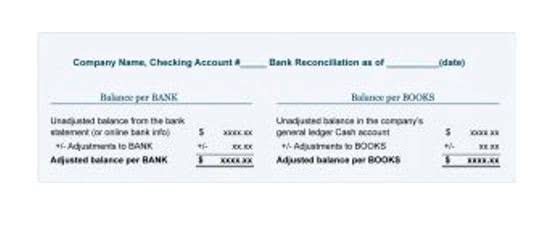
And we also understand that both procedures can be expensive to do in-house. But if we told Accounting for Churches you there was another way than having a bookkeeper and accountant on your team. It’s called outsourcing, and it’s been saving businesses in all sectors lots of money for decades. And a Certified Public Accountant, or CPA, is an accountant who has taken a test called the Uniform CPA Examination and met your state’s requirements for state certification.
Do bookkeepers do audits?

As mentioned, accountancy encompasses a broader scope that includes bookkeeping as one of its essential components. Bookkeeping involves recording, organizing, and maintaining financial transactions and records, such as invoices, receipts, and bank statements. Technology allows bookkeeping and accounting processes to scale and adapt as businesses grow. Cloud-based accounting software can accommodate expanding transaction volumes, additional users, and changing business needs. This scalability ensures that bookkeeping and accounting practices can keep pace with business growth without requiring significant infrastructure investments or operational disruptions. With real-time financial insights, bookkeepers and accountants can provide valuable advice and recommendations to management, enhancing financial planning and strategic decision-making.
- If you’re searching for accounting software that’s user-friendly, full of smart features, and scales with your business, Quickbooks is a great option.
- The overall best bookkeeping software includes Zoho Books, FreshBooks, Xero, and Intuit QuickBooks.
- Accountants use their training to turn numbers into practical recommendations for management and investors.
- Accounting focuses on analyzing, summarizing, and interpreting financial data for businesses and organizations.
- Accountants can do bookkeeping but it’s generally better to separate the two categories for small businesses.
- Our Goods & Services Tax course includes tutorial videos, guides and expert assistance to help you in mastering Goods and Services Tax.
Professional Development
Unlike accountants, bookkeepers are not required to have a bachelor’s degree. They may take some finance-related classes at the college level, but even this is not a requirement. The American Institute of Professional Bookkeepers offers a Certified Bookkeeper designation, which can set professional bookkeepers apart from others.
Bookkeeping vs. accounting: Differences and similarities

Bookkeepers sometimes do accounting tasks, such as generating financial reports from the accounting software, making journal entries for depreciation and accrued expenses, and difference between bookkeeping and accounting more. Today, accounting delivers financial statements audited by accounting firms and is prepared following “generally accepted accounting principles (GAAP).” Bookkeeping records transactions, while accounting interprets and analyzes financial data.
Building a Collaborative Financial Team
- Certifications, like the Certified Bookkeeper (CB) designation, enhance credibility.
- Bookkeeping focuses on managing financial books by documenting transactions, managing accounts, and recording financial data.
- This enables the business owner to focus on core activities such as business development, strategy, and customer relationships.
- Manual data entry, reconciliation, and reporting processes prone to human error can now be automated, reducing the risk of mistakes.
- Whichever option you choose, investing—whether it be time or money—into your business financials will only help your business grow.
- This collaboration improves workflow, reduces manual errors, and enhances financial management.
By keeping meticulous records, bookkeepers help the company meet its tax obligations, adhere to financial reporting regulations, and demonstrate transparency and accountability to stakeholders. Bookkeeping ensures compliance with financial regulations and facilitates smooth auditing processes. By accurately recording and documenting financial transactions, bookkeeping provides the evidence and documentation required for audits. Bookkeepers generate basic financial reports such as income statements, balance sheets, and cash flow statements. These reports provide an overview of the company’s financial position and performance. Bookkeeping is the process unearned revenue of collecting, recording, organising and analysing all the financial transactions of a business.
- When businesses adopt accounting software or other financial tools, hiring professionals proficient in using these technologies becomes beneficial.
- But keeping accurate books and understanding what the numbers mean can spell the difference between business success and failure.
- Service and accuracy are often what will differentiate between outsourcing firms.
- They should be knowledgeable about accounting software and have strong attention to detail.
- The main difference between bookkeeping and accounting is each role’s focus.
- Bookkeeping ensures accurate records and compliance with financial regulations, while accounting provides the insights and analysis necessary for making informed business decisions.
